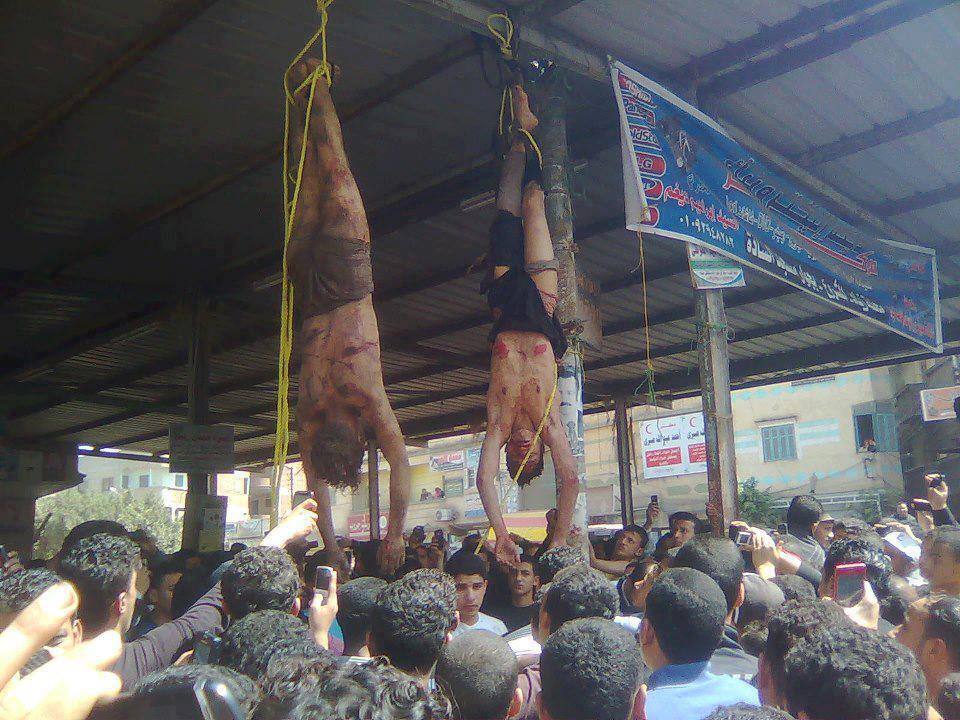Egypt has never failed to defend the rights of the Palestinian people, and since the issuance of the United Nations (UN) resolution in 1947, the Palestinian issue has become a top priority for its policy.
It has offered thousands of martyrs, wounded, and missing persons during decades of conflict with Israel.
The beginning was when Egypt fought in the 1948 war while it was still under British occupation and was not prepared militarily. Nevertheless, it did not hesitate to defend Arab lands and endured those thousands of martyrs and injured.
When the late President Gamal Abdel Nasser took over, he placed the Palestinian issue at the forefront of his concerns, proposing the establishment of the Palestine Liberation Organization (PLO) to unite the Palestinian ranks.
Egypt also participated in the second Arab summit that adopted the organisation’s decision to establish an army for Palestinian liberation.
In 1969, the Cairo Agreement was signed in support of the Palestinian revolution, and Nasser’s defence of the cause continued until he died in 1970. When President Anwar Sadat came to power, he made several efforts on the Palestinian issue, and was the first to propose the idea of establishing an interim Palestinian government.
During the Arab Summit Conference, held in 1973 in Algeria, Egypt helped the PLO so that it could obtain full recognition from Arab countries as the legitimate representative of the Palestinian people. In October 1975, the UN General Assembly issued a resolution inviting the PLO to participate in all relevant conferences in the Middle East, based on a request made by Egypt at the time.
When President Hosni Mubarak assumed power, he continued the same approach, starting with the withdrawal of the Egyptian Ambassador from Israel after the Sabra and Shatila massacre in Lebanon.
In 1989, Mubarak presented his peace plan, which included the necessity of resolving the Palestinian issue following the Security Council resolution, and the principle of land for peace, with the cessation of Israeli settlements.
In September 1993, Mubarak participated in the signing of the Oslo Agreement on the Palestinians’ right to self-government.
There is no exaggeration if we say that Egypt was more committed to the Palestinian cause than the Palestinian political factions, themselves. In many cases, the matter between the Palestinian factions that were originally formed to liberate the land was like a race to reap the spoils and financial support.
With time, the tragedy became larger and more comprehensive, so the issue was no longer limited to the loss of the land but extended to the loss of what is most important and dangerous, such as the loss of identity and the widening gap between the factions.
The crisis extended from a struggle for influence and control over grants and aid to accusations of treason by one side at the expense of another. Here, the tragedy turned into an amusement, and matters reached the point of military conflict and assassinations that affected almost all of their military and political leaders.
In that atmosphere, the issue, in the hands of some beneficiaries who preyed on the situation, turned into a source of wealth. Without going into details, any reader of history or researcher on the Internet can find books, volumes, and documents about how the Palestinian issue has turned from the largest crisis and the most complex humanitarian problem to a mere “profitable project” in the hands of some.
Despite that, Egypt has never tried to benefit from the Palestinian cause in any way. Egypt was, and is still, defending the Palestinian cause for the sake of truth and peace only.
Today, unfortunately, we find some malicious people who are using social media as a front to launch a fierce war against Egypt. They claim that it is not playing its role in providing support to the Palestinian people. Meanwhile Egypt is opening its borders and hospitals to receive hundreds of wounded Palestinians for treatment and providing all possible and available support to the injured.
These prejudiced people forget that the Palestinian issue is a central issue for Egypt, which is making strenuous efforts to a ceasefire to avoid further violence and to inject the blood of innocent civilians among the Palestinian people who are paying the price of military confrontations without any guilt.
Egypt will continue to provide all support to the brothers, despite what we have suffered over the past years from terrorism. This is despite Egypt’s own suffering at the hands of what we describe as brothers, whether in Gaza or elsewhere, who have been involved. Egypt does this not because it is a weak country, but because it is too big and always fulfils its pledges.
Hatem Sadek, Professor at Helwan University


